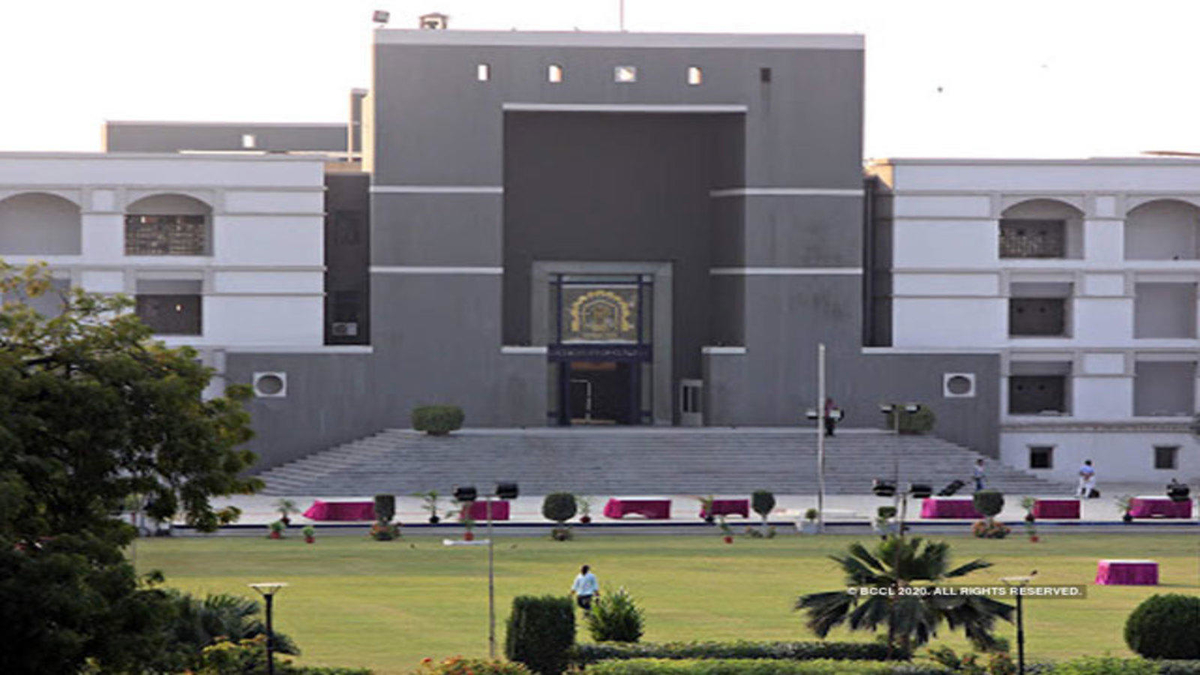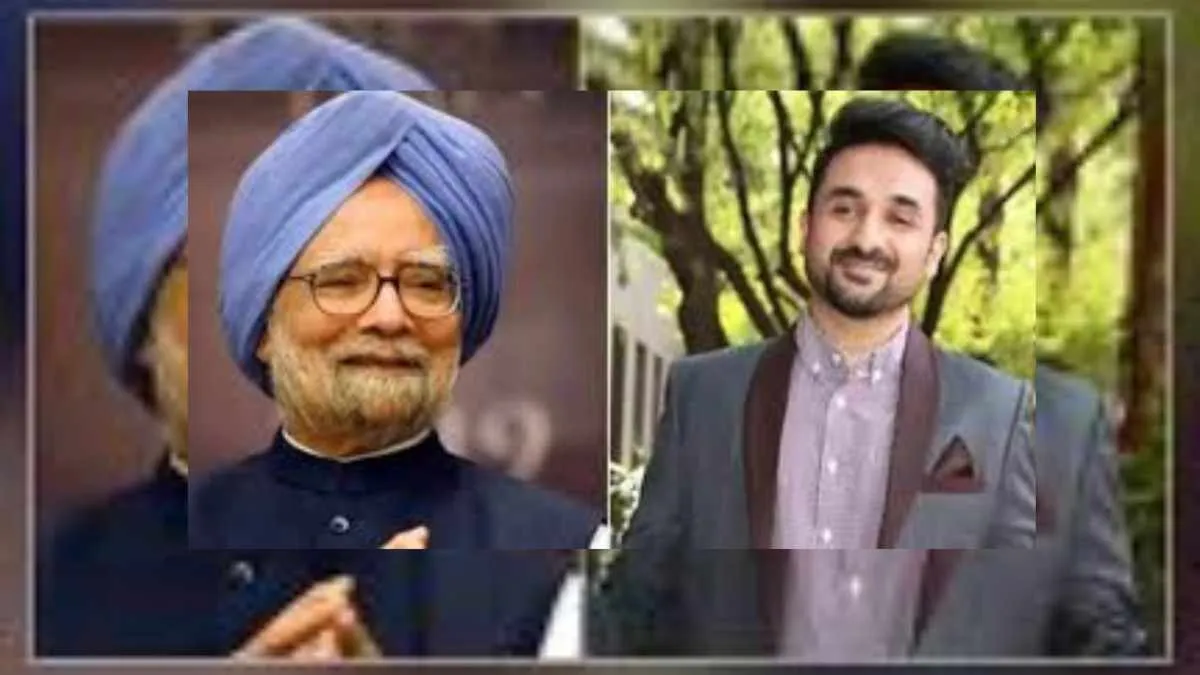While upholding the legal rights that the accused is entitled to, the Gujarat High Court in a learned, laudable, landmark and latest judgment titled State of Gujarat vs Ugamsinh Dhanrajsinh in R/Criminal Appeal No. 942 of 1994 delivered as recently as on March 2, 2022 has most commendably dismissed the appeal of the Appellant-Authorities and confirmed the order of the acquittal by the lower Court on the grounds that the Respondent-Accused was not made aware of his right for being searched before the Magistrate, thereby breaching Section 50 of the NDPS Act. How could the Court take all this just lying down? So it had to speak up which it did through this extremely laudable judgment!
To start with, this brief, brilliant, bold and balanced judgment authored by Justice SH Vora for a Bench of Apex Court comprising of himself and Justice Sandeep N Bhatt of Gujarat High Court sets the ball rolling by first and foremost putting forth in para 1 that, “Feeling aggrieved and dissatisfied with the judgment and order dated 21.6.1994 passed by the learned Addl. Sessions Judge, Gondal in Sessions Case No.70 of 1990 for the offences under sections 20, 21 and 22 of the NDPS Act and under Section 66(B) and 65(E) of the Prohibition Act, the appellant – State of Gujarat has preferred the captioned appeal inter alia challenging the judgment and order of acquittal in favour of the respondent-accused.”
To put things in perspective, the Bench then envisages in para 2 that, “The brief facts of the case are that on 08/06/1990 at about 17:00 while the respondent-accused was passing near Juni Haji Dawod Hospital, Pehla Nala on Dhoraji Road to Jetpur Village carrying one bag, at that time the Police Personnel on suspicion made his search and found 1 Kilogram and 490 Gram of Charas for selling without having valid pass or permit and thus committed the aforesaid offence. The complainant lodged the complaint with regard to the incident before Jetpur City Police Station, which was registered as I – C.R. No.59 of 1990 for the aforesaid offences.”
While elaborating further, the Bench then states in para 3 that, “In pursuance of the complaint lodged by the complainant, investigating agency recorded statements of the witnesses, collected relevant evidence and drawn various Panchnamas and other relevant evidence for the purpose of proving the offence. After having found material against the respondent accused, charge-sheet came to be filed in the Court of learned Magistrate, Jetpur. As said Court lacks jurisdiction to try the offence, it committed the case to the Sessions Court, Gondal as provided under section 209 of the Code.”
As we see, the Bench next mentions in para 4 that, “Upon committal of the case to the Sessions Court, Gondal, learned Sessions Judge framed charge at Exh.1 against the respondent accused for the aforesaid offence. The respondent accused pleaded not guilty and claimed to be tried.”
Simply put, the Bench then discloses in para 6 that, “On conclusion of evidence on the part of the prosecution, the trial Court put various incriminating circumstances appearing in the evidence to the respondent accused so as to obtain his explanation/answer as provided u/s 313 of the Code. In the further statement, the respondent accused denied all incriminating circumstances appearing against him as false. After hearing both the sides and after analysis of evidence adduced by the prosecution, the learned trial Judge acquitted the respondent accused of the offences, for which he was tried, as the prosecution failed to prove the case beyond reasonable doubt.”
No doubt, the Bench then rightly states in para 8 that, “In view of the fact that there is an allegation and also prosecution case that the respondent was carrying 1 Kilogram and 490 Gram Charas on 08/06/1990 at about 5:00 p.m. while passing through Dhoraji Road to Jetpur Village, we have reassessed and re-analyzed the evidence placed on record to verify the fact as to whether there is non-observance of provisions of NDPS Act or not.”
Most commendably, the Bench then stipulates in para 9 that, “It is a matter of fact that the Investigating Officer acted on prior information as deposed by him below Exhibit-18 as PW 9. In view of such position, PW 9, complainant-IO while acting on prior information and before making search of a person, it is imperative for him to inform the respondent-accused about his right to sub-section (1) of Section 50 of the NDPS Act for being taken to the nearest Gazetted Officer or the Magistrate for making search in their presence. It also appears that neither such procedure is followed; nor any note to the said effect is made in the Panchnama drawn while making search of the person of the respondent-accused. As laid down in the case of State Of Punjab vs Baldev Singh [1999 (6) SCC 172], the respondent-accused must be made aware of his right for being search to be carried out in presence of a Gazetted Officer or a Magistrate. Learned APP could not point out any evidence or document showing that respondent-accused was made aware of his right before the Magistrate or Gazetted Officer. On perusal of deposition of PW 9, the complainant, no evidence has been adduced to show that respondent-accused was communicated of his such right and thus there is a noncompliance of provisions of Section 50 read with Section 43 of the NDPS Act.”
Most notably, the Bench then also points out in para 10 that, “There also appears to be breach or violation of Section 50 of the NDPS Act, because it is a statutory requirement of writing down or conveying information to Superior Officer. In the case on hand, neither such intimation is sent to Superior Officer; nor any entry is made in the station diary. It has also come on record that PW 9 has sent 40 Gram of muddamal to FSL.; whereas, as per letter of FSL, it has received only 28.526 Gram. No explanation as to difference in weight is brought on record, the learned trial Court has considered the same as serious nature of irregularity and lapse on the part of the prosecution. No any information has been forwarded to the Superior Officer with regard to the recovery of muddamal.”
It is worth noting that the Bench then brings out in para 11 that, “Similarly, there is contradiction in the deposition of PW 9- complainant and Police Constable; inasmuch as the muddamal was recovered on the place of incident which was kept in clothe bag which had been made by stitching the cloth with needle and thread. Whereas, the muddamal produced before the Court in the bag which appears to have been stitched with a machine on three sides and thus all the procedure seizing of the muddamal, sealing of the muddamal and sending to FSL were found doubtful and procedure precedent to the search was done in utter disregard to the mandatory provisions of law and therefore, the learned trial Court has rightly extended the benefit of doubt to the respondent-accused and we also endorse the view/finding of the learned trial Judge leading to the acquittal.”
Most remarkably, the Bench then hastens to add in para 12 that, “It is a cardinal principle of criminal jurisprudence that in an acquittal appeal if other view is possible, then also, the appellate Court cannot substitute its own view by reversing the acquittal into conviction, unless the findings of the trial Court are perverse, contrary to the material on record, palpably wrong, manifestly erroneous or demonstrably unsustainable. (Ramesh Babulal Doshi V. State of Gujarat (1996) 9 SCC 225). In the instant case, the learned APP has not been able to point out to us as to how the findings recorded by the learned trial Court are perverse, contrary to material on record, palpably wrong, manifestly erroneous or demonstrably unsustainable.”
While citing the relevant case law, the Bench then remarks in para 13 that, “In the case of Ram Kumar v. State of Haryana, reported in AIR 1995 SC 280, Supreme Court has held as under:
“The powers of the High Court in an appeal from order of acquittal to reassess the evidence and reach its own conclusions under Sections 378 and 379, Cr.P.C. are as extensive as in any appeal against the order of conviction. But as a rule of prudence, it is desirable that the High Court should give proper weight and consideration to the view of the Trial Court with regard to the credibility of the witness, the presumption of innocence in favour of the accused, the right of the accused to the benefit of any doubt and the slowness of appellate Court in justifying a finding of fact arrived at by a Judge who had the advantage of seeing the witness. It is settled law that if the main grounds on which the lower Court has based its order acquitting the accused are reasonable and plausible, and the same cannot entirely and effectively be dislodged or demolished, the High Court should not disturb the order of acquittal.”
Furthermore, the Bench then adds in para 14 that, “As observed by the Hon’ble Supreme Court in the case of Rajesh Singh & Others vs. State of Uttar Pradesh reported in (2011) 11 SCC 444 and in the case of Bhaiyamiyan Alias Jardar Khan and Another vs. State of Madhya Pradesh reported in (2011) 6 SCC 394, while dealing with the judgment of acquittal, unless reasoning by the learned trial Court is found to be perverse, the acquittal cannot be upset. It is further observed that High Court’s interference in such appeal in somewhat circumscribed and if the view taken by the learned trial Court is possible on the evidence, the High Court should stay its hands and not interfere in the matter in the belief that if it had been the trial Court, it might have taken a different view.”
Adding more to it, the Bench then holds in para 15 that, “Considering the aforesaid facts and circumstances of the case and law laid down by the Hon’ble Supreme Court while considering the scope of appeal under Section 378 of the Code of Criminal Procedure, no case is made out to interfere with the impugned judgment and order of acquittal.”
Finally, the Bench then concludes by holding in para 16 that, “In view of the above and for the reasons stated above, present appeal deserves to be dismissed and is accordingly dismissed while confirming the judgment and order of acquittal rendered by the learned Court below.”
In sum, the Gujarat High Court has made it abundantly clear in this leading judgment that the right of accused under Section 50 of NDPS Act to be searched in presence of Magistrate is violated. The Court thus very rightly upholds the order of acquittal. No denying it!
Most remarkably, the Bench then hastens to add in para 12 that, “It is a cardinal principle of criminal jurisprudence that in an acquittal appeal if other view is possible, then also, the appellate Court cannot substitute its own view by reversing the acquittal into conviction, unless the findings of the trial Court are perverse, contrary to the material on record, palpably wrong, manifestly erroneous or demonstrably unsustainable. (Ramesh Babulal Doshi V. State of Gujarat (1996) 9 SCC 225). In the instant case, the learned APP has not been able to point out to us as to how the findings recorded by the learned trial Court are perverse, contrary to material on record, palpably wrong, manifestly erroneous or demonstrably unsustainable.”













